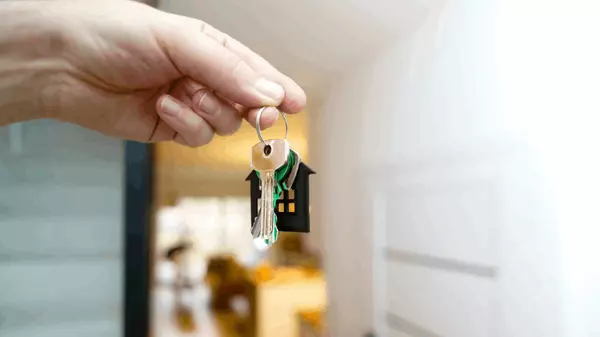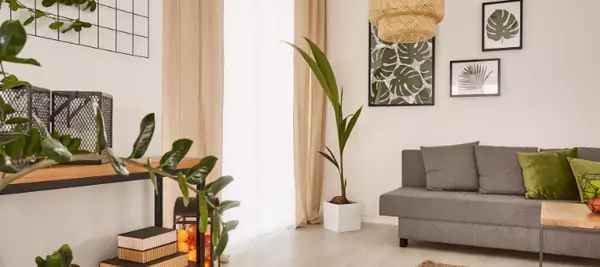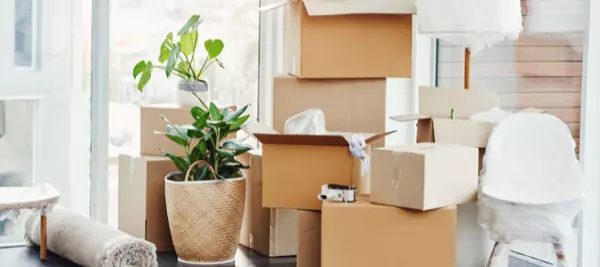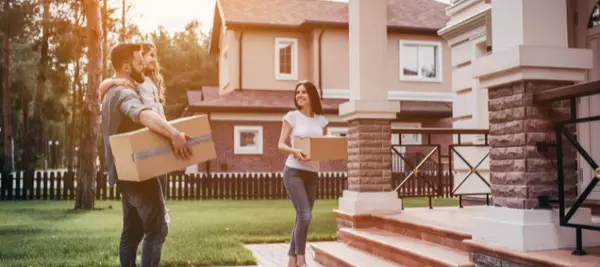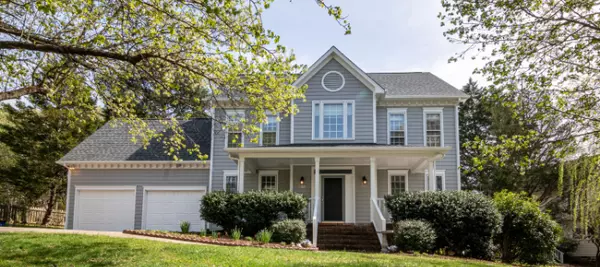Different Homes For Different Stages of Life.
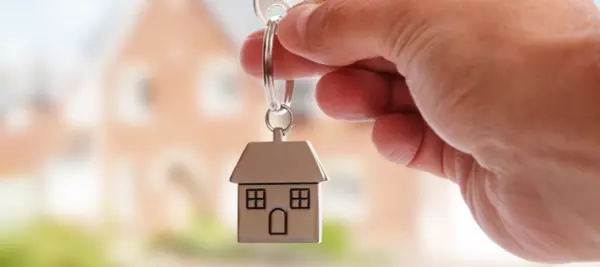
Different Homes For Different Stages of Life. The Apartment Let's face it, most of us have been there. That first tiny apartment you share with your college roommates. The one-bedroom you're "settling" for because it's all you can afford and is close to the subway line that takes you to work. The de
Read More-
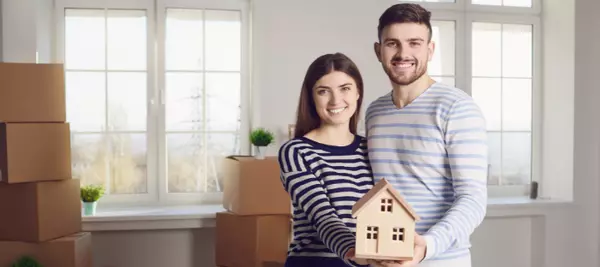
Is Buying a Home Stressful? Short answer: of course. It's an emotional roller coaster with lots of money involved. Preparation can however make things so much easiest. Read on for some tips on how to stay cool and find your new home. The home buying process can be stressful People say moving is one
Read More Impact Of Current Events On The Housing Market
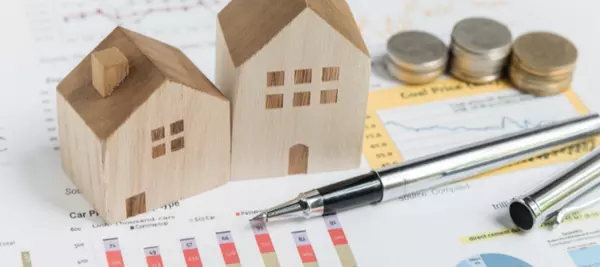
Impact Of Current Events On The Housing Market Government regulations and policies Government regulations and policies can have a significant impact on the housing market. For example, government regulations and policies may affect the availability of affordable housing, the cost of housing, or the
Read MoreWhat Is Mortgage Refinancing And When Should I Do It?

What Is Mortgage Refinancing And When Should I Do It? The process of refinancing your mortgage allows you to get a new loan for the same property, but with lower monthly payments, better terms or both. It can also be done to take cash out of your home's equity. That is if you have sufficient equity
Read MoreHobbies at Home - For When You're Quarantining!

Hobbies at Home - For When You're Quarantining! Your house, even more so for the last couple of years, is where you spend a lot of time. When you can't go out to your favourite haunts, it might be time to pick up a new hobby. Unfortunately, if you spent a lot of time outside, then your home might no
Read MoreHow To Know You're Getting a Good Deal on a Home

How To Know You’re Getting A Good Deal on a Home When you are buying a home, how do you know if a price is too good to be true? Are you falling for a trap or did you get lucky? Here are some tips to help you get the best price: Know what the market value of the home is. This can be done by looking a
Read MoreHow To Get Your Home Ready For a New Baby!

How To Get Your Home Ready For a New Baby! Create a nursery. The obvious first step. The first step would be to figure out which room would be the best for the nursery. If you already have a toddler or an older child, then you have to think of whether or not you want to move them to a new and upgrad
Read MoreAdvantages And Disadvantages Of An Open House!
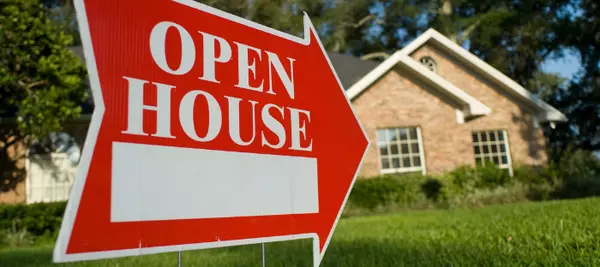
Advantages And Disadvantages Of An Open House! Advantages of an Open House. An open house accelerates the speed at which you can find a potential buyer. Both real estate professionals and interested buyers go to every open house event they can and it's a key part of the home buying process for any s
Read MoreHow To Work Well With Your Real Estate Agent

How To Work Well With Your Real Estate Agent There are a lot of tips out there to find out whether you have a good real estate agent or not but, as you can imagine, there are ways to make the whole process smoother. There are a few bad apples when it comes to real estate agents, and it's the same fo
Read MoreReal Estate Deal Breakers & Red Flags

Real Estate Deal Breakers & Red Flags Lack of a yard or outside space. When you're dealing with an apartment in the heart of Vancouver, this might not be a huge deal, but if you're somewhere less crowded, some form of outside space is essential. Whether you use it to get some fresh air or sunlight,
Read MoreThe Best Season To Sell Your House

The Best Season To Sell Your House? Winter might not be the best season to sell your home. If it has snowed recently and may continue to do so in the future, you might be disappointed by the lack of guests during an open house. You might even lose a potential buyer because of this. Put yourself in t
Read More-

Rural Vs Urban Living What is Rural Living like? Rural living is about living with nature. The world is your oyster! You can run through the grass, eat berries off of bushes and even go camping whenever you feel like it! It's easy to live in the moment when there are so few people around. You might
Read More Adding a Pool? Find Out What That Means For Your Home's Value

Adding a pool? Find out what it means for your home's value. What does adding a pool entail for your home? An inground pool adds a level of luxury typically associated with larger homes. They’re a great way to keep the family entertained, but one thing they come with is added maintenance and upkeep
Read More-
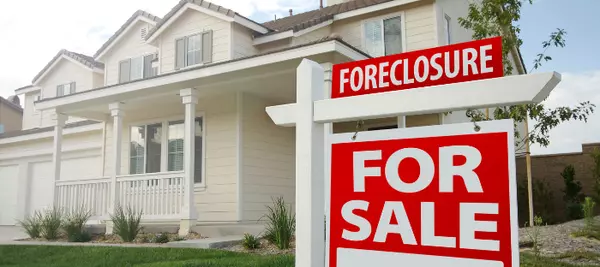
All About Foreclosures. Before taking any concrete action, get in touch with a lawyer or counsellor. The following is meant to give you a quick rundown about foreclosed homes, financial institutions, and your options with regard to your mortgage lender. What is a foreclosure? When a homeowner falls
Read More -

Staying Safe in Your New Home Keep your doors and windows locked. This may seem obvious but this basic aspect of home security is one too many people don't take seriously. They might think "I live in a small town with very little crime", or they may not realize how fast burglaries can happen. But ev
Read More -

How To Fireproof Your Home! Get a fire extinguisher. This might seem like it would be too simple to mention, but you would be surprised how many people do not have a fire extinguisher in their homes. If you have a fire extinguisher your chances of being able to put out a small kitchen fire, or other
Read More What Does a Residential Real Estate Agent Do?
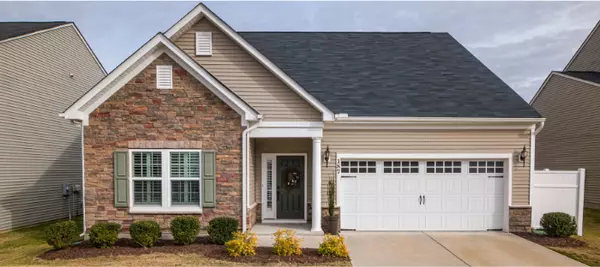
What Does a Residential Real Estate Agent Do? Real estate agents help people buy and sell homes They work with buyers and sellers to find homes that meet their needs, and they work with lenders and other professionals to make the sale process as smooth as possible. What does that entail? For people
Read MoreIs Buying a Fixer-Upper Worth It?
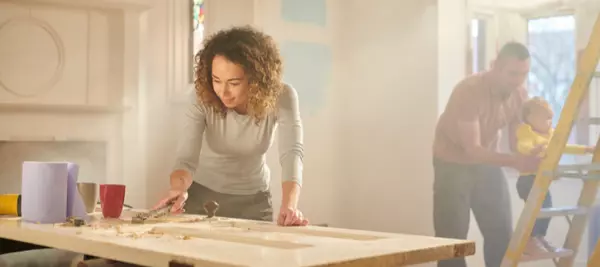
Is Buying a Fixer-Upper Worth It? Buying a fixer-upper can be a great investment because you'll have the potential to make more money off of it. Most fixer-upper homes are lower-priced houses because of the financial difficulty faced by the previous owner. These repairs and renovations can be costly
Read MoreBuying A Home As A Single Parent

Buying A Home As A Single Parent The importance of buying a home There are many reasons why buying a home is important, but one of the most essential is that it can provide stability for your family. This is especially true for single parents, who often face more challenges and uncertainties in thei
Read MoreHow Landscaping Can Improve Your Home!

How Landscaping Can Improve Your Home! Good landscaping is instant curb appeal. Do it right and you might have real estate agents knocking on your door to find out if you're willing to sell. It's an often neglected aspect by many sellers but in real estate, a property with proper landscaping increas
Read More
Categories
Recent Posts
